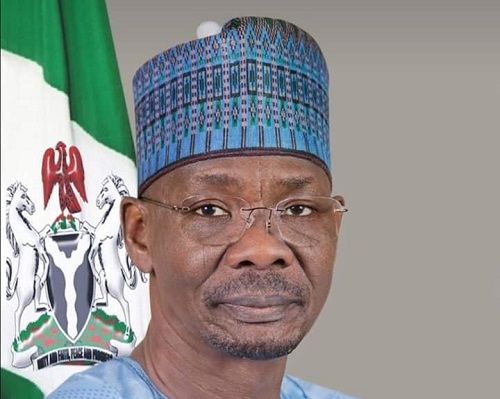
Gov Sule commissions N1bn agro processing firm
- “Let me call on more investors to come and invest in the economy of our state. On our part, government will continue to guarantee necessary security to secure the investments of willing investors.
Nasarawa State Governor, Abdullahi Sule, has commissioned a N1 billion agro processing, aggregating, export and commodity trading facility known as Newpal Nigeria Limited. Sule, who performed the commissioning ceremony along Abuja-Keffi Road, recently, assured investors of their protection despite growing insecurity besetting the country, adding that the state has liaised with defence headquarters to set up additional barracks and police colleges to protect citizens.
He said, “this N1 billion industrial outfit, with an output capacity of 20 tonnes per hour was constructed by a private initiative and consists of a production facility, state-of-the-art laboratory and other business units. I have no doubt that this high class facility will add value to the agricultural food supply and meet international quality standard.
“Let me call on more investors to come and invest in the economy of our state. On our part, government will continue to guarantee necessary security to secure the investments of willing investors.
“As you are aware, the presence of army barrack in Doma and police college in Lafia; and very soon another mobile training centre in Nasarawa-Eggon and an additional police squadron in Akwanga will take care of our security challenges.
“Our state is endowed with enormous agricultural potential consisting of both natural and human resources, and availability of arable land to boost agriculture.”
Meanwhile, Newpal’s Managing Director, John Samuel, emphasised that the firm would provide food security, create jobs, increase farmers’ income and curtail post-harvest losses, which he said, has been the bane of agricultural production.
Samuel lamented that, “Nigeria still has a long way to go in meeting food and nutritional requirements, due to inconsistencies in government policies, high interest rate, poor infrastructure, mechanisation support, lack of extension service providers, low productivity, multiple taxation and inaccessibility to genuine farm inputs.”



